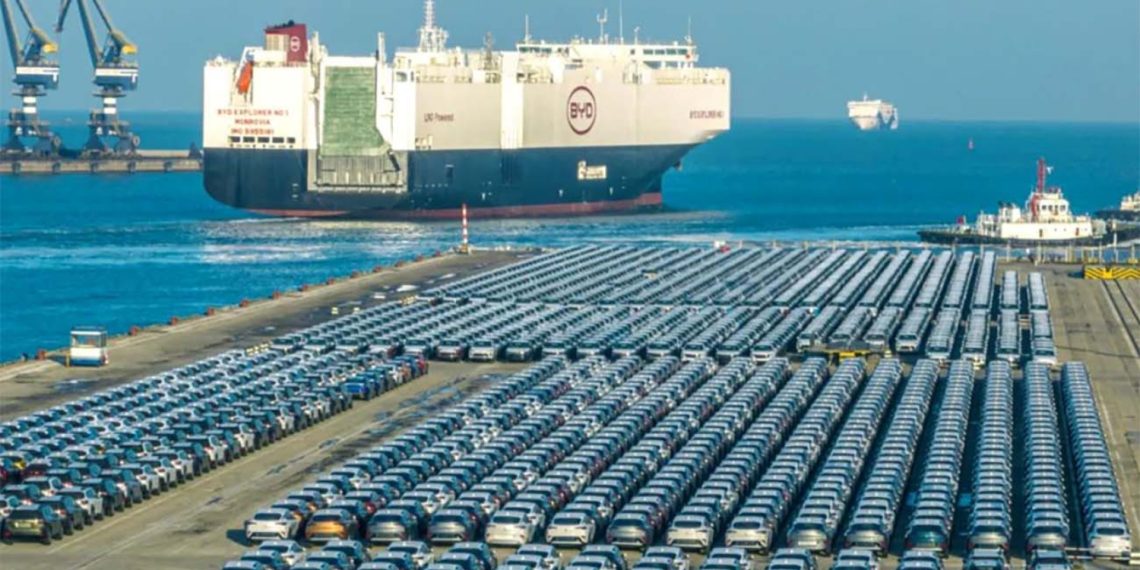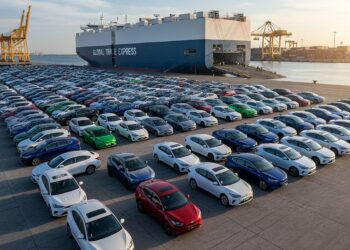The President of the United States, Donald Trump, announced a 25% tariff on vehicles manufactured outside the U.S., a measure that will take effect on April 2.
The tariffs now announced are seen as a trade escalation that could have huge collateral effects on the supply chains for the automotive sector, which are already being pressured by other new taxes and the lack of long-term clarity on trade policy.
“We will impose a 25% tariff on all cars not produced in the United States,” Trump said during a press conference held at the White House. “We will start with a base of 2.5%, which is where we are, and we will go to 25%.”
Trump has previously stated that tariffs against imported cars would be a hallmark policy of his presidency, betting that foreign manufacturers would relocate production to the United States to maintain competitive access to the market.
However, both American and foreign automakers with factories in the country rely on Canada, Mexico, and other nations for parts, meaning that car prices may rise and sales may decline until new factories are operational.
Trump has already imposed tariffs of 20% on all imports from China and 25% on those from Mexico and Canada. However, part of the tariffs on Mexico and Canada were suspended, including the taxes on cars, after manufacturers opposed them, and Trump responded with a 30-day delay, which is set to expire in April.
The measure now announced by Trump has already been challenged by the president of the Canadian Automotive Parts Manufacturers Association, who criticized the tariffs now announced.
“The President of the United States is committed to ruining the American automotive sector and its allies for reasons that no one has yet been able to understand”, said Flavio Volpe in statements to “Automotive News Canada.”










